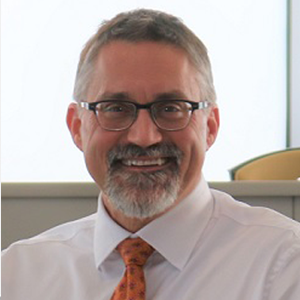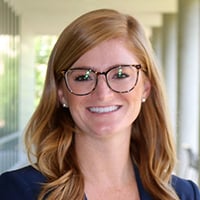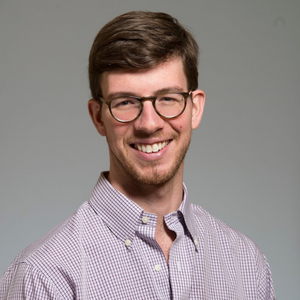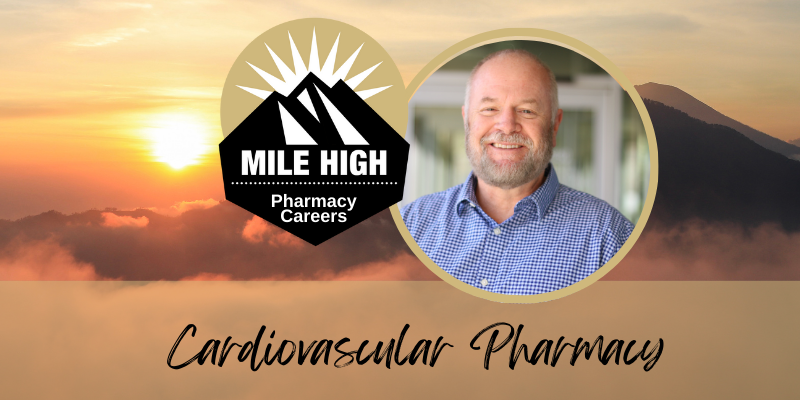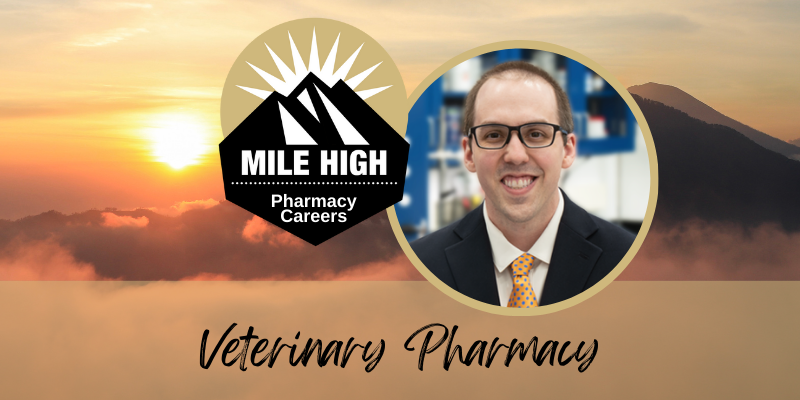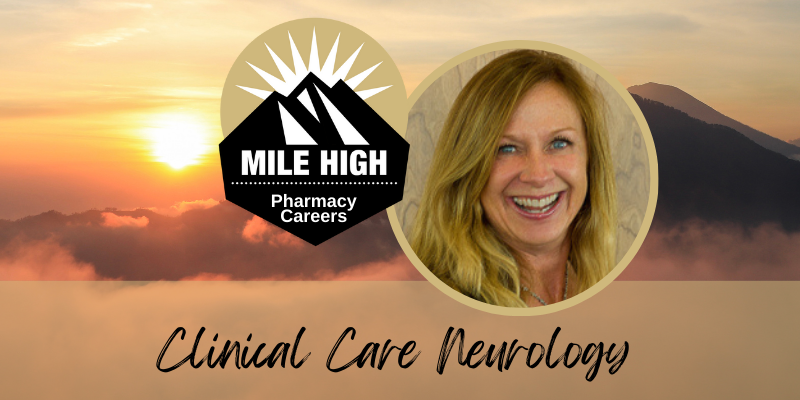For generations, patients have been seeking alternative therapies as a cure-all for their illnesses. With the creation of social media, anyone can and will offer advice online. Struggling with headaches? Try ketamine. Severe depression? One influencer recommends cannabis. But which cannabis product? It’s overwhelming, it’s everywhere, and it’s more than a passing trend. University of Colorado Skaggs School of Pharmacy and Pharmaceutical Sciences researchers, clinicians, and educators are living the evolution in how they approach so-called alternative treatments.

Natural, not risk-free
David Kroll, PhD, is a Professor of Natural Products Pharmacology & Toxicology at CU Pharmacy. Dr. Kroll is also the Director of CU Pharmacy’s Master’s and Certificate programs, which includes five options in the Masters in Pharmaceutical Sciences and a cannabis science and medicine graduate certificate. His interest in alternative therapies began when he was younger, and his mother was diagnosed with cancer.
“I was fascinated that medicinal properties can be found in so many natural things, and I saw her improve with the help of both traditional and nontraditional treatments,” he explained. As an educator across multiple CU Pharmacy programs, Kroll has worked alternative therapies into his curriculum with the goal to create better professionals, be it Masters, PharmD, or PhD graduates.
“These therapies are always going to be here, and what we need to do, is teach them. We need to educate our students, and then they can educate their patients,” he said. Kroll first brought herbal medicine to the CU Pharmacy curriculum in 1994, and he keeps up to date on regulations, law changes, and any chatter on new ways to use alternative medications.
“Because something might be considered ‘natural’ does not make it risk-free,” he cautions. “Anyone seeking these treatments should do so under the guidance of a provider, and work as a team to find the best option for them.”

Educating the patient
Kelsey Schwander, PharmD, also works with alternative treatments. An educator as well, Dr. Schwander is also a clinician in the Marcus Institute for Brain Health, a clinical care and research institute for traumatic brain injury (TBI) and psychological health conditions, located on the Anschutz Medical Campus. Its mission is to deliver in-depth, interdisciplinary precision medicine to active service members, veterans, and first responders with ongoing symptoms following a mild to moderate TBI. Schwander is part of their integrated medical team, and many of her patients are seeking alternative treatments.
“The thing about TBI, PTSD or other complex conditions is that there is not one medication to fix it,” she explains. “So, we see people coming in, they have tried anxiety medication, they have tried to treat depression, insomnia. And the patients get overwhelmed taking numerous medications, so they are exploring cannabis, ketamine, psilocybin, [a psychedelic compound found in mushrooms], other treatments.”
Schwander does a lot of patient education. With a wealth of information available online, much of it not reliable, patients need to know risks, benefits, and side effects of what they choose to use as treatment, “natural” or not. She cautions that these therapies require further study; however, “patients are using them despite current recommendation against their use. Therefore, it is important to provide counseling to ensure patient safety.”
“There is a market for these types of treatments,” she said. “And it’s my job to educate both my patients and my students on them. They aren’t going away, and I think the interest is growing.”

Is it ethical?
For Michael DiStefano, PhD, a researcher in CU Pharmacy’s Center for Pharmaceutical Outcomes Research, the growing interest also spurs a growing market for distribution, and he questions if all of it is ethical. In his research with collaborators from Johns Hopkins University, he did a deep dive into ketamine advertising. He found that in the direct-to-consumer market, which can include both online pharmacies or specialized “alternative medicine” clinics, sellers often over promised and under delivered on results.
“We found that websites for these clinics advertised a variety of potential benefits for ketamine, including treating different mental health conditions, pain, asthma, and even Lyme disease,” he said.
DiStefano cautions that using such a powerful drug off-label can have side effects that were not always disclosed on the clinic websites. “Does it make sense that Janssen, the manufacturer of Spravato (esketamine), which is FDA approved for treatment-resistant depression, is required to disclose all potential risks of the drug in its advertisements, while many of the clinics offering ketamine off-label do not do so?”
He also wonders who is making money on consumers’ thirst for alternative treatments.
“Ethically,” he said, “I have to wonder if patients are seeing a benefit, if they understand the risks, and who is making money from their need for alternative therapies.”
All three – Kroll, Schwander, and DiStefano – have worked to educate consumers, practitioners, and students on these types of treatments. DiStefano has a joint appointment at the CU Center for Bioethics, and in the past year he has moderated and participated in numerous panel discussions on the topic, often accompanied by Kroll, Schwander, and other CU Pharmacy faculty who work in this space.
Their collaborative efforts have sparked important conversations in both academic and clinical settings about the growing use of alternative therapies, their potential consequences, and a growing need for regulation.
“People want quick fixes, especially when it comes to chronic conditions or mental health struggles,” Schwander said. “But, the truth is, we don’t always have all the answers, and these treatments need to be part of a larger conversation about care. They can’t be seen as miracle solutions.”

